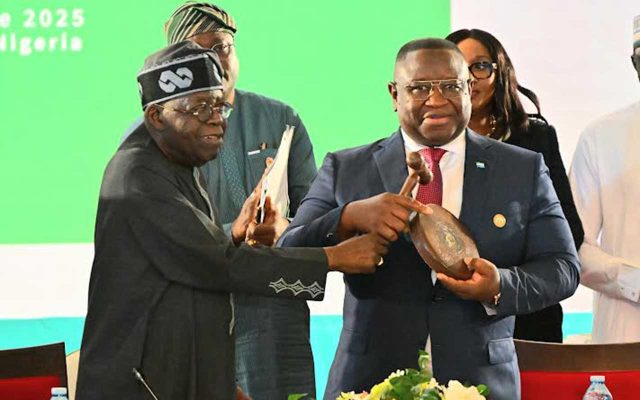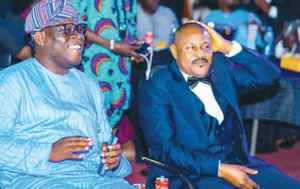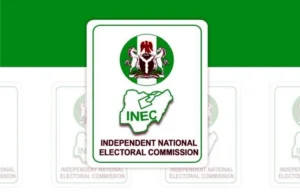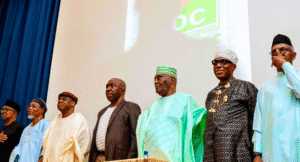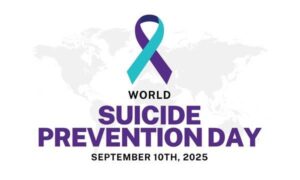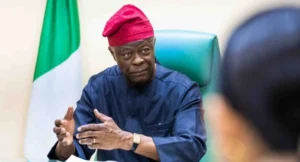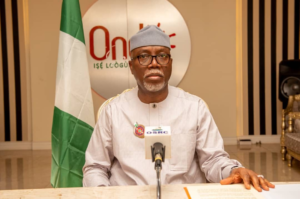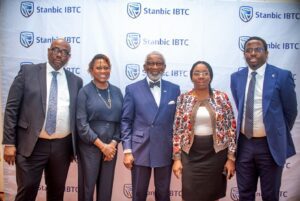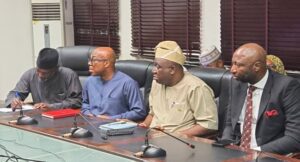President Bola Ahmed Tinubu has officially ended his tenure as Chairman of the Economic Community of West African States (ECOWAS) Authority of Heads of State and Government, passing the mantle to Sierra Leone’s President Julius Maada Bio during the 67th Ordinary Session held in Abuja.
In his final address, Tinubu called on West African leaders to remain vigilant and responsive to the needs of their citizens, especially the youth, women, and vulnerable populations.
“Let us deepen cooperation, uphold diplomatic principles, and foster inclusive growth that leaves no one behind,” Tinubu stated.
Tinubu’s Legacy and Challenges Faced
During his two-term chairmanship, Tinubu led the regional bloc through a period marked by political instability, rising insecurity, and economic volatility. He reiterated the importance of balancing ECOWAS’ economic goals with its peace and security obligations.
“Economic integration cannot be superimposed on an untenable political environment,” Tinubu said, urging continued resolve in tackling the region’s challenges.
He thanked fellow Heads of State and ECOWAS institutions for their support and expressed confidence in President Bio’s leadership, stating:
“I do so with a deep sense of fulfillment and optimism for the future of West Africa.”
Accepting the role, President Julius Maada Bio declared his commitment to leading ECOWAS through a period of reform, democratic renewal, and security transformation.
“Our region is at a crossroads,” he said. “We face both longstanding and evolving challenges from military coups to economic hardship.”
Bio announced a four-point agenda:
- Restoring constitutional order in countries under transitional military rule
- Revitalising regional security frameworks
- Accelerating economic integration
- Strengthening institutional trust and credibility
He pledged to engage constructively with transitional governments and push for stronger democratic institutions rooted in accountability and the rule of law.
“Citizens, especially youth, want more than elections they want accountability, transparency, and real opportunity,” Bio said.
Bio emphasized that ECOWAS must transform into a proactive, people-focused institution capable of addressing:
- Military takeovers in Mali, Burkina Faso, and Niger
- Rising terrorism in the Sahel
- Transnational crimes and trafficking
- Food insecurity, inflation, and energy constraints
“West Africa’s future is not one of decline, but of possibility if we act with courage, urgency, unity, and moral clarity,” Bio concluded.
As ECOWAS navigates one of its most critical moments in history, the transition from Tinubu to Bio represents more than just a leadership change it signals a renewed commitment to regional reform, democratic stability, and inclusive growth.
Stay tuned to 9am News Nigeria for more Breaking News, Business News, Sports updates And Entertainment Gists.

